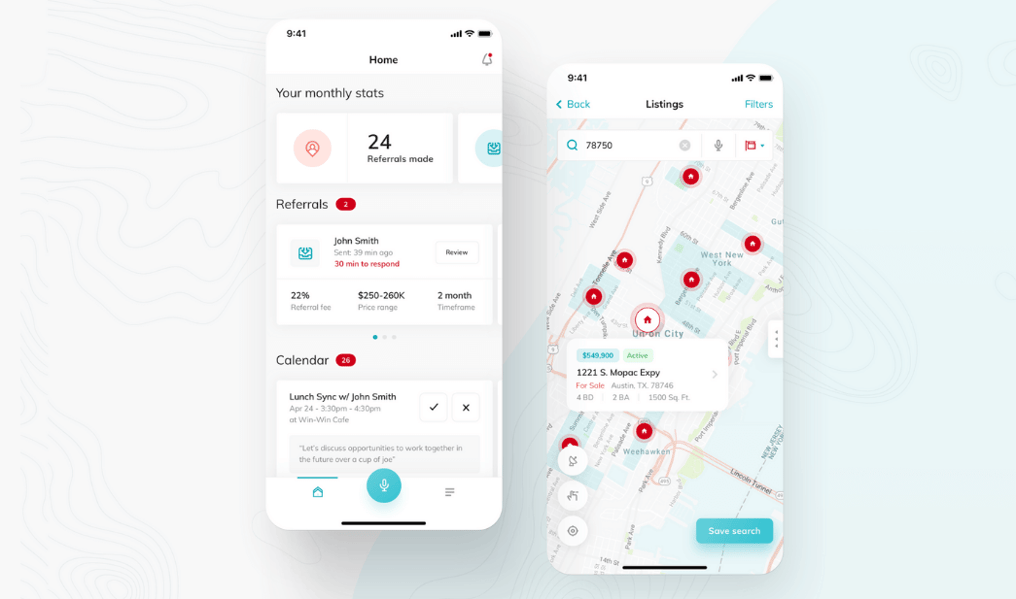Automation testing is a technique that uses specialized software to automatically carry out a test case scenario on software and applications. Unlike manual testing, test automation isn’t carried out by humans.
The results of automation testing are used to improve areas like quality, security, and performance. Repetitive tests lend themselves best to test automation. There are three main steps involved with test automation: prepare, take action, and report results.
Types of automated tests include:
- Regression tests
- Performance tests
- Unit tests
- Integration tests
- Code analysis
- Automated acceptance tests
- Smoke tests
Ultimately, test automation help to improve productivity, reduce costs, and enables a steady pace for releases. However, not all testing can be automated.
How test automation can reduce cost?
Automated testing doesn’t mean you can stop manual testing altogether, and it doesn’t mean you can reduce QA Engineer headcount, because they’re needed to write and maintain test scripts.
In that case, where do cost savings come from? Two areas:
- Finding bugs early
- Lowering the average cost of testing hours
When a bug is spotted, research shows that debugging costs businesses $61 billion a year – that equates to developers wasting a whopping 620 million hours annually.
The earlier a bug is uncovered, the easier and cheaper it is to fix. Enter automated unit testing, enabling you to discover bugs faster. How? When code is compiled, a suite of tests automatically looks for bugs, creating a shorter feedback loop.
That enables faster detection of defects, and a quicker turnaround time to fix them, compared to finding the bug later on down the line – worst-case scenario, after product release.
Moreover, automated tests can be left to run long after employees have gone home for the day. Studies show that automated tests enable five times more tests to run (on average), meaning they’re fivefold faster.
In turn, that means test coverage increases dramatically (fivefold), without spending more money, therefore reducing the average cost of testing hours.
When your business needs test automation testing?
When is it time to automate your software testing? Here are some key scenarios:
- When it makes sense from a cost perspective – you can save money and deliver a top-quality product. Here, the project size needs to be big enough to justify the outlay.
- When you use repetitive tests – here, it’s more time-efficient to automate, because manual (and tedious) tasks carried out by a human over and over again take up valuable time and can lead to errors.
- When time is crucial – everyone needs more time, right? Saving hours and minutes frees up manpower and can positively impact motivation and productivity.
- When looking for extra-thoroughness – automation reduces the possibility of human errors and gives you the ability to run hundreds of tests at once.
- When your run tests frequently – testing manually at high volume isn't possible for a lot of smaller teams, so if you need to scale up your testing, automation is the answer.
- When you’d like to run multiple tests simultaneously – this isn’t easy to do manually, so automation can help by making the task(s) quicker, without putting pressure on manpower.
- When a system doesn't change and is stable from a user interface perspective.
- When you’re testing key system functionalities and results are needed very quickly.
- When the testing impacts the evaluation of the correct functioning of the whole system.
- When you’re testing a simple system from the user's point of view, but one that has complex business rules.
- When your tests rely on data that doesn’t change often, meaning the automation code is up-to-date for longer – for example, regression and functional tests, plus some security and performance checks.
How does automated testing power DevOps?
DevOps supports products as they’re being built, deployed, tested, and released. They emphasize automation across all areas, including testing, and encourage a high level of coordination between development, QA, and operations.
Test automation is used by DevOps and surrounding departments to detect bugs, save time and deploy products and apps quicker. Automated testing also helps DevOps minimize human error, simplify processes, and increase reliability.












